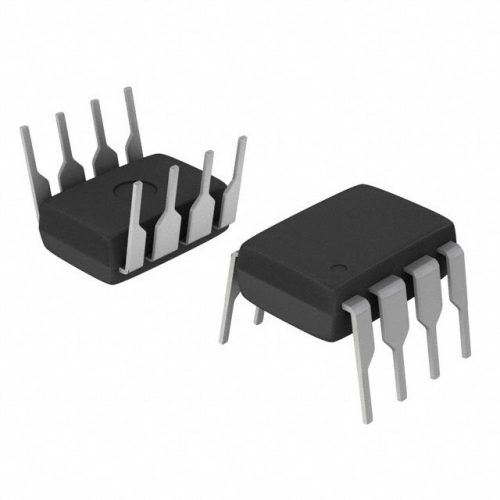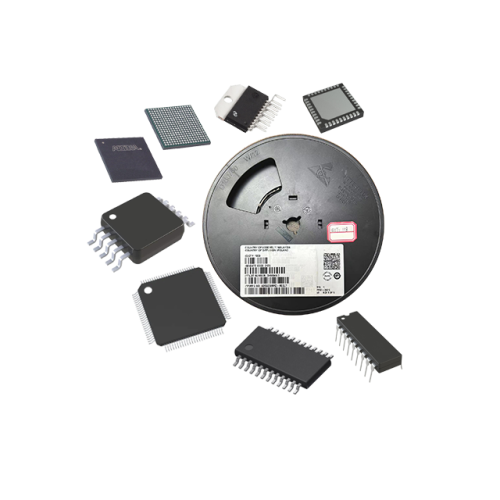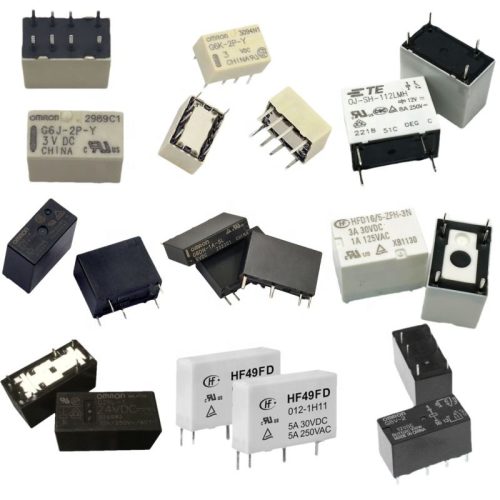Overview of MSP430FR2476TRHBR 16-Bit FRAM Microcontroller
The MSP430FR2476TRHBR, a flagship from Texas Instruments (TI), is a 16-bit RISC microcontroller featuring ferroelectric RAM (FRAM) ?C a game-changing non-volatile memory technology. Part of TI??s MSP430FR family, it balances high performance with ultra-low power, making it a staple in battery-powered and space-constrained applications. FRAM??s unique combination of fast writes, low energy usage, and endurance (100 trillion cycles) sets it apart, while integrated peripherals simplify system design. For reliable sourcing, visit 集成电路制造商.
Technical Parameters of MSP430FR2476TRHBR MCU
核心与内存规格
| 参数 | 价值 |
|---|---|
| 处理器核心 | 16 位 RISC MSP430 |
| 最高时钟频率 | 16MHz |
| FRAM Memory (Non-Volatile) | 32KB |
| 内存 | 4KB |
| 集成外设 | 12-bit ADC, comparators, timers, UART, SPI, I2C |
电源和包装详情
| 参数 | 价值 |
|---|---|
| 有功电流(1MHz) | 180??A |
| 待机电流(RAM 保留) | 0.3??A |
| 工作电压范围 | 1.8V C 3.6V |
| 工作温度 | -40摄氏度至85摄氏度 |
| 包装类型 | 32-pin VQFN (Very Thin Quad Flat No-Lead) |
Advantages of MSP430FR2476TRHBR Over Alternatives
The MSP430FR2476TRHBR outperforms traditional flash-based MCUs with its FRAM technology. Unlike flash, FRAM writes data in nanoseconds (vs. microseconds) with 1% of the energy, reducing power spikes during data logging ?C critical for battery life. Its 100 trillion write cycles also far exceed flash??s 10,000 cycles, making it ideal for applications requiring frequent data updates, like industrial sensors.
🔥 畅销产品
??TI??s MSP430FR series has transformed our IoT sensor designs,?? notes Sarah Chen, Senior Engineer at IndustrialTech Inc. ??The FRAM??s efficiency cut our battery replacement costs by 40%.?? Additionally, its 32-pin VQFN package is 30% smaller than equivalent SOIC options, saving space in compact medical devices. TI??s 10+ year lifecycle commitment and robust development tools (e.g., MSP-EXP430FR2433 LaunchPad) further solidify its advantage over lesser-known brands.
Typical Applications for MSP430FR2476TRHBR
The MSP430FR2476TRHBR excels in scenarios demanding efficiency, durability, and compact design:
🌟 特色产品
- 工业自动化: Powers predictive maintenance sensors, logging vibration data hourly for years on a single battery.
- Medical Wearables: Enables continuous ECG monitors, storing real-time heart data with minimal power drain between syncs.
- Smart Agriculture: Manages soil moisture sensors, updating cloud data daily without solar panel dependency.
Frequently Asked Questions About MSP430FR2476TRHBR
What makes FRAM better than flash memory in this MCU?
FRAM combines non-volatility (retains data without power) with flash-like speed but uses far less energy for writes (100x lower). It also withstands 100 trillion write cycles (vs. flash??s 10,000), making it ideal for frequent data logging in remote devices where memory wear is a concern.
Which development tools support the MSP430FR2476TRHBR?
TI??s MSP-EXP430FR2433 LaunchPad is fully compatible, offering a low-cost platform with on-board debugging. It integrates with Code Composer Studio, TI??s free IDE, which includes FRAM-optimized libraries and example code to speed up prototyping.
📩 联系我们
How does the 12-bit ADC enhance its functionality?
The integrated 12-bit ADC converts analog signals (e.g., from temperature or pressure sensors) with high precision, eliminating the need for external ADC chips. This reduces system complexity, lowers costs, and ensures accurate data capture for critical applications like medical monitoring.
Can this MCU operate in harsh industrial environments?
Yes, it supports an operating temperature range of -40??C to 85??C, making it suitable for factory floors, outdoor IoT nodes, and automotive auxiliary systems. Its robust design resists voltage spikes and electromagnetic interference common in industrial settings.
How does the MSP430FR2476TRHBR balance performance and power?
It uses TI??s low-power architecture with multiple operating modes: active mode (180??A/MHz) for processing, standby mode (0.3??A) for idle monitoring, and off mode (0.1??A) for deep sleep. This flexibility lets designers match power use to task demands, maximizing efficiency without sacrificing responsiveness.







